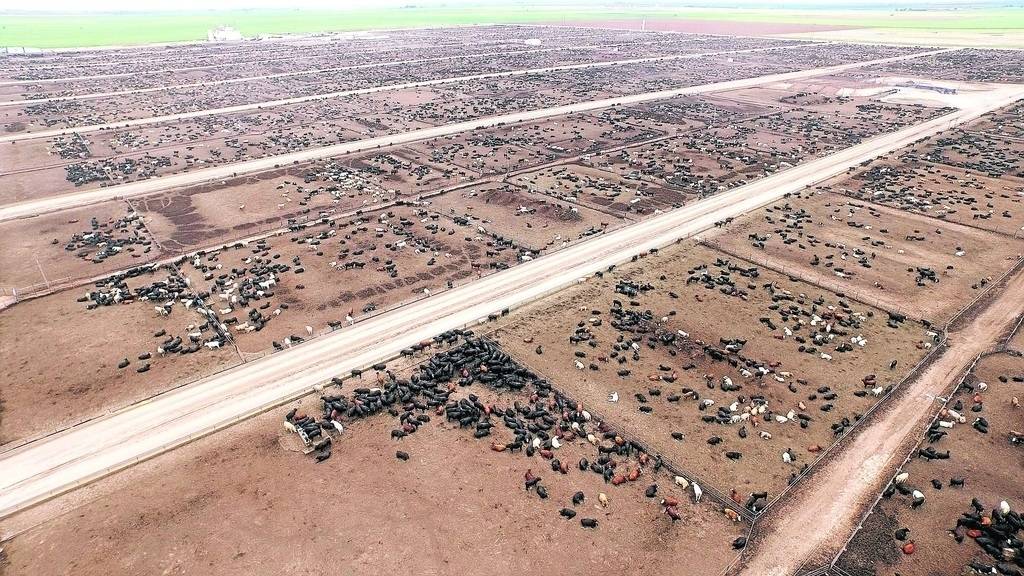EU-US trade truce falters on day 1 over farming
Politico | 27 July 2018
EU-US trade truce falters on Day 1 over farming
By Hans von der Burchard and Jakob Hanke
Only a day after the EU and U.S. struck a peace deal on trade, cracks are emerging over the sensitive topic of farming.
U.S. President Donald Trump and European Commission President Jean-Claude Juncker appeared in front of the White House on late Wednesday to parade a deal that would avoid extra American tariffs on EU cars in exchange for talks on “zero tariffs, zero non-tariff barriers, and zero subsidies on non-auto industrial goods.”
Trump was also delighted that Europe would buy more liquefied natural gas and soy beans from the EU, and spoke of a newfound “love” for the EU.
His two most senior trade officials, however, soon enough insisted that all agricultural products (not just soybeans) should be part of the agreement — an anathema for the European Union.
“It’s more than soybeans. All agricultural products are something that will be discussed [in the trade talks with the EU],” Commerce Secretary Wilbur Ross told Fox News on late Wednesday. “Soybeans was simply a very timely example of those [agricultural products],” he added.
Trump’s chief trade enforcer, U.S. Trade Representative Robert Lighthizer, also demanded during a Senate hearing on Thursday that the EU deliver more. “Our view is we are negotiating about agriculture,” he told lawmakers. “That’s part of the project.”
Brussels was quick to shoot down such suggestions. “Agriculture is not part of the scope of the talks,” an EU official told reporters on Thursday.
“It’s clear that the U.S. side would’ve liked [it] but it has not been agreed, and Mr. Ross can say what he wishes but it doesn’t correspond” to the deal agreed, the official added. “There is no ambiguity in this regard.”
The Commission’s Director-General for Trade Policy Jean-Luc Demarty also told senior trade envoys from EU capitals on Thursday that agricultural products were out of the discussions, according to two people present at the meeting.
And Commission spokesperson Alexander Winterstein said Thursday that the EU wouldn’t commit to a “trade off with food and environmental standards,” in a reference to Washington’s repeated demands over products such as chlorine-rinsed chickens and hormone-reared beef.
Another worm can
Ross and Lighthizer were not the only people to make additional demands to the deal reached on Wednesday.
French Economy Minister Bruno Le Maire said that if both sides were starting to talk about reducing tariffs and other trade barriers, this should also include the contentious topic of public procurement.
“The access to the American public procurement market is currently largely closed, and this must be part of the discussions,” he said, referring to U.S. policies such as the ‘Buy American Act’ which requires the American government to prefer U.S.-made products in its purchases. European governments complain that this discriminates against foreign companies in large tenders for projects such as in the infrastructure sector.
André Sapir, a trade expert from the Bruegel think tank in Brussels, warned of “a broader problem” because the EU-U.S. statement was so vague.
“It’s a very loose statement,” he said. “What does it really mean for the future, what does it commit the two parties to?”






